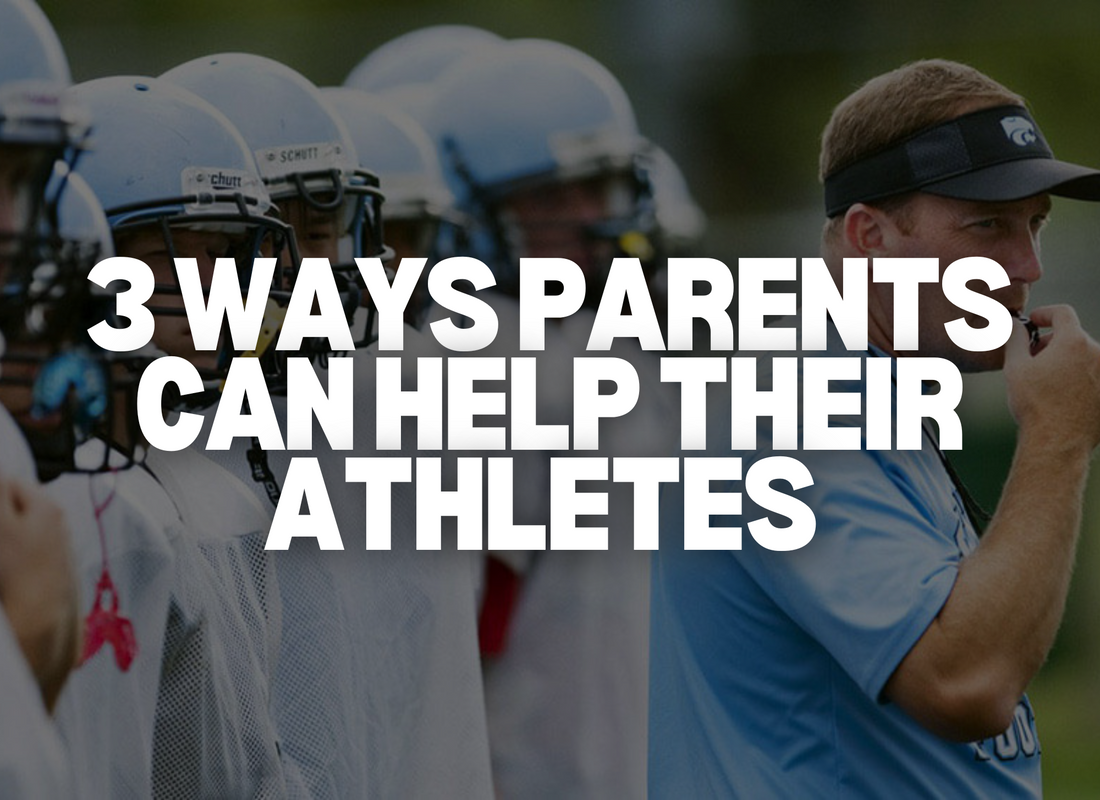
3 Essential Ways Parents Can Help Their Young Athletes Succeed
Share
As parents, we all want to see our young athletes thrive in their sports journey. But navigating the complex world of youth athletics can be overwhelming. After years of coaching and mentoring young athletes, I've identified three critical areas where parental support makes the biggest difference. Follow these proven strategies to help your child reach their full athletic potential.
1. Maximize Exposure to Coaches and Competition
The journey to athletic success begins with visibility. Young athletes need opportunities to be seen by coaches and to understand the level of competition they'll face.
Getting your child in front of coaches is crucial for their development and future opportunities. Actively seek out local high school camps, university camps, and showcase events where coaches are present. These environments serve two important purposes:
- They allow coaches to evaluate your child's abilities, attitude, and potential
- They give your child exposure to different coaching styles and feedback
Additionally, these settings let your athlete see firsthand what they're up against. Understanding the competitive landscape helps them set realistic goals and identify areas for improvement. Remember, exposure isn't about immediate recruitment—it's about creating awareness and building relationships that may benefit your child down the road.
2. Focus on the Right Fit, Not Just the Big Name
One of the biggest mistakes parents make is chasing prestigious programs without considering whether they're the right environment for their child to develop.
When evaluating opportunities, prioritize:
- Playing time: A program where your child can actually get on the field/court
- Quality coaching: Look for coaches known for developing players, not just winning
- Culture fit: An environment that matches your child's personality and learning style
Resist the urge to push your child toward a big-name program where they might sit on the bench. Development happens through actual playing experience, not just association with a prestigious team or school. The goal should be finding a situation where your child can contribute, learn, and grow—not just where they can say they were part of an elite program.
3. Invest in Proper Nutrition and Quality Training
Athletic development requires proper investment in both nutrition and training.
Nutrition: Fuel for Performance
What your young athlete eats directly impacts their performance and recovery. Ensure they're:
- Consuming adequate protein for muscle repair and growth
- Eating complex carbohydrates for sustained energy
- Staying properly hydrated before, during, and after activity
- Avoiding excessive junk food and empty calories
Treat nutrition as seriously as you would any other aspect of their training. The right fuel enables everything else to work effectively.
Quality Training and Coaching
Finding the right coaches and training programs is worth every penny. Look for:
- Coaches with proven track records developing athletes
- Programs that focus on fundamentals and proper technique
- Training that addresses sport-specific skills as well as overall athleticism
- Personalized feedback and individual attention
While quality training often requires financial investment, it's one of the most important ways you can support your child's athletic development. The right coach can accelerate progress and help avoid bad habits that might limit long-term potential.
Conclusion
Supporting a young athlete isn't just about cheering from the sidelines. By focusing on these three key areas—maximizing exposure, finding the right fit, and investing in nutrition and quality training—you'll set your child up for both immediate success and long-term development.
Remember that the goal should always be helping your child reach their full potential while fostering a healthy relationship with sports. With the right support system in place, they'll be well-positioned to make the most of their athletic abilities, wherever that journey takes them.
